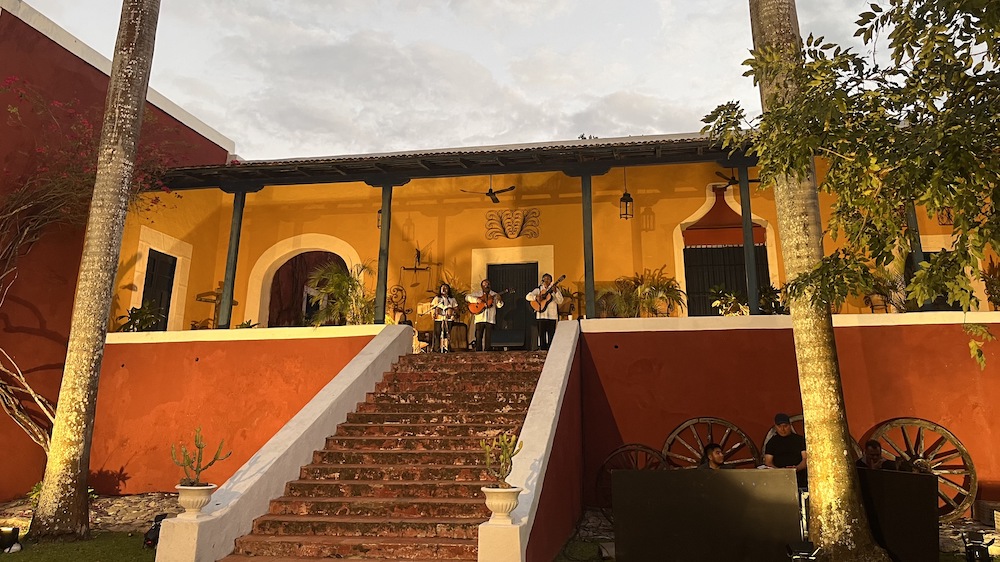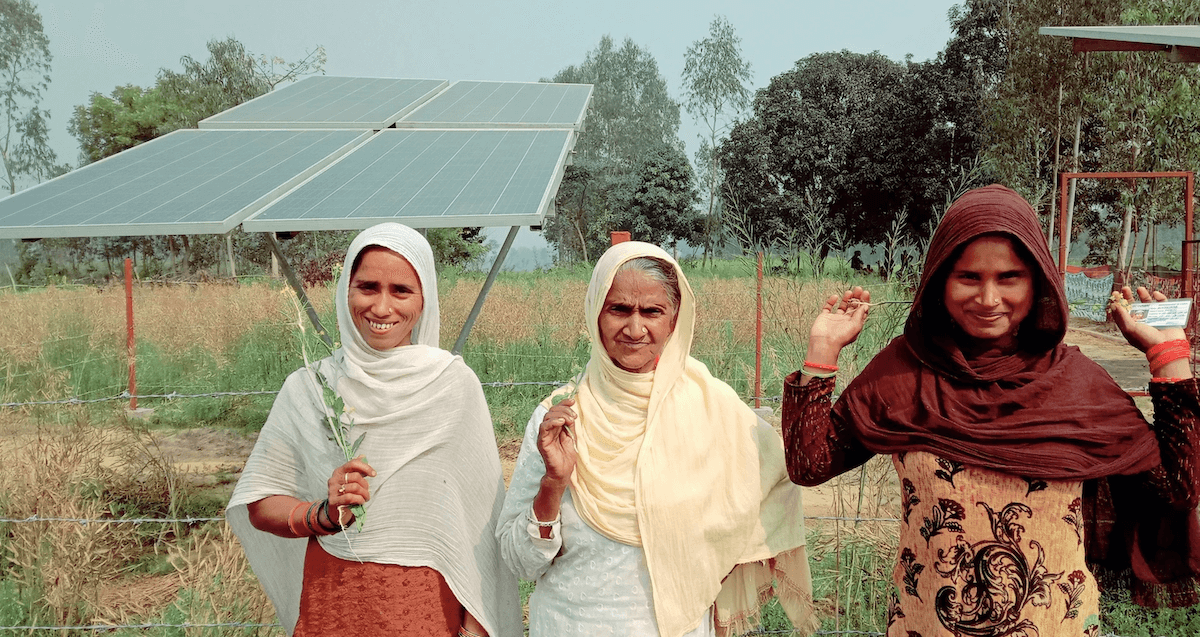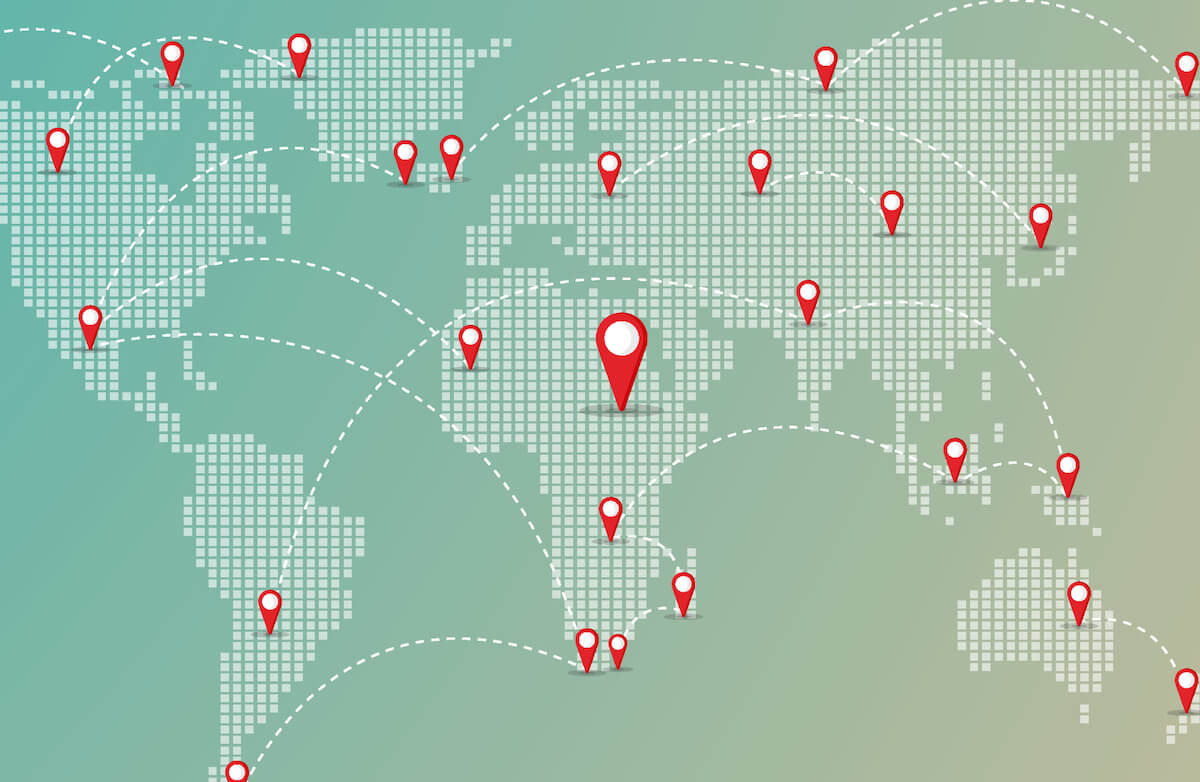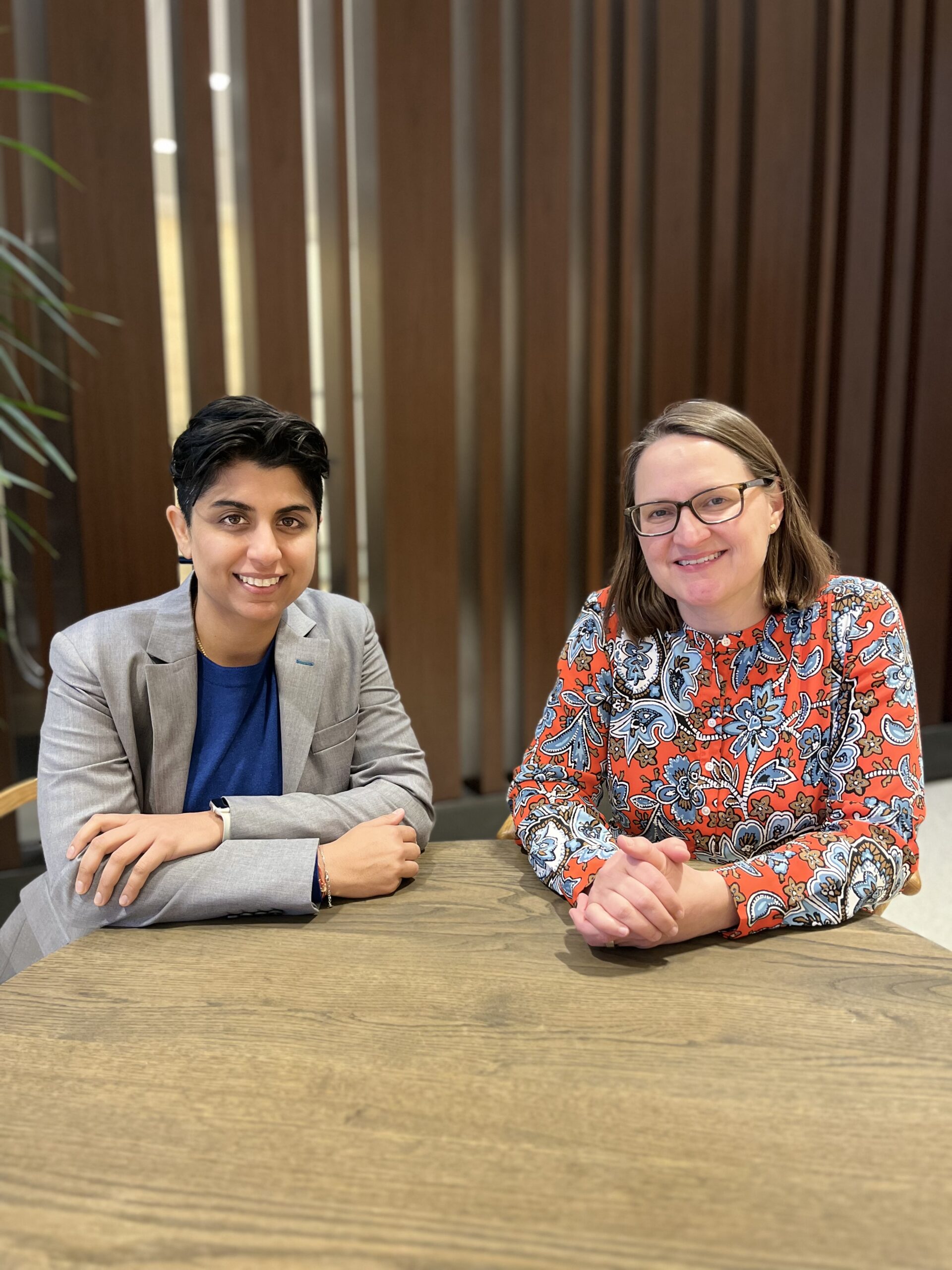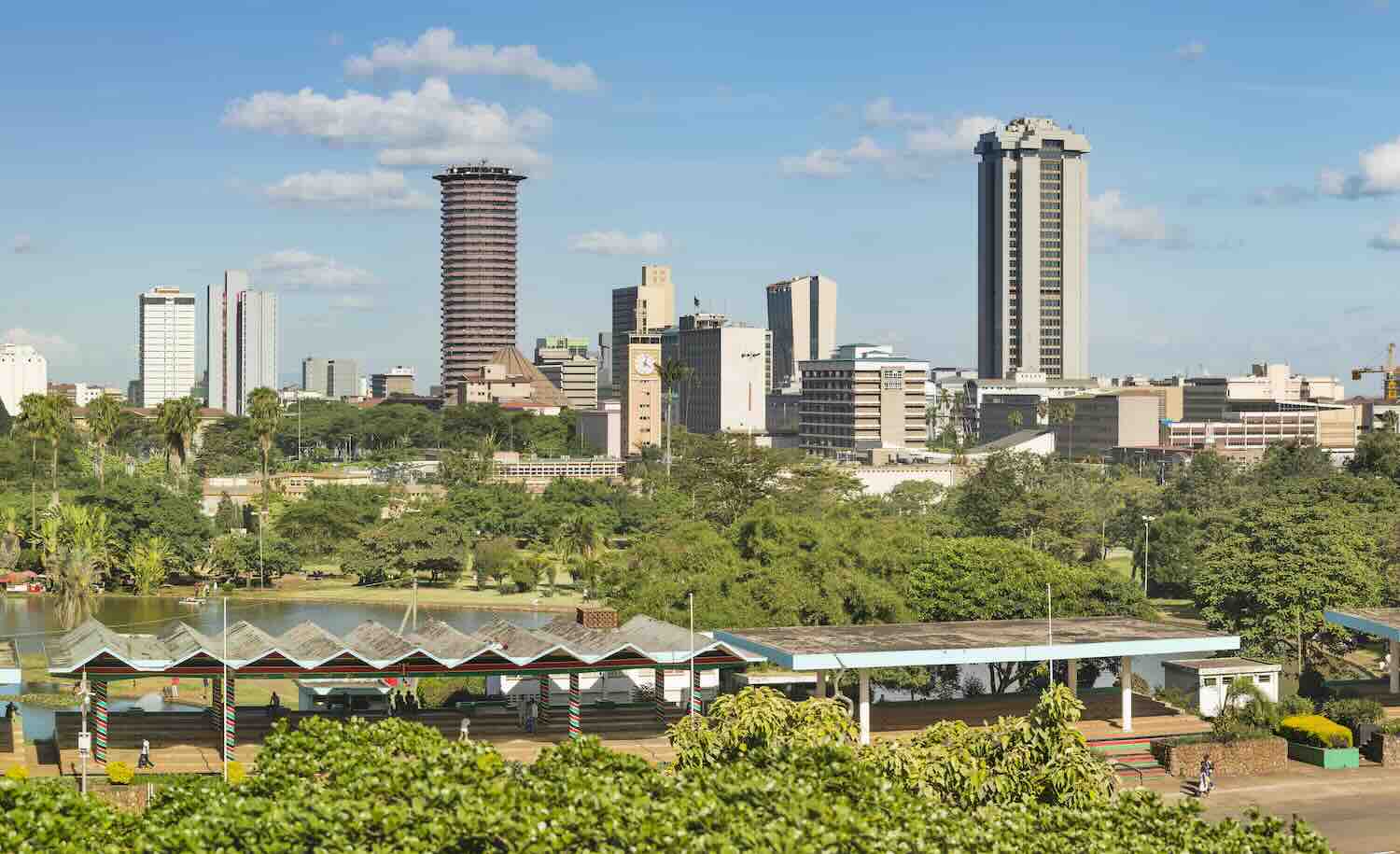ImpactAlpha, March 2 – Some 800 agentes de impacto turned out for the forum, known as the FLII, in Mérida, Mexico this week. ImpactAlpha tuned in to the conversations and debates on stage and on the sidelines about fund raises, natural capital, and risk mitigation in one of the world’s most active regions for impact investing.
Regenerative fund roll-out
A host of new funds are bringing new opportunities and models to investors interested in sustainable agriculture, land restoration and conservation.
Advisory firm SVX Mexico is rolling out its first fund, Regenera Ventures, which will invest in landscape regeneration throughout Mexico. The fund will source deals through a network that includes Conservation International.
Brazil’s Vox Capital is expanding beyond venture capital with the launch of a new natural capital strategy.
Mexico and Switzerland-based Asymmetrica is raising a $30 million fund that will buy out retiring farmers, transition the farms to organic practices – and give farm workers a cut of the equity.
“Land is substantially undervalued,” Asymmetrica’s Francisco Escobar told ImpactAlpha. The fund’s model offers investors a high-impact inflation-hedge, he said. “This not only benefits the environment but also addresses the aging farmer population in Mexico.”
ESG backlash explainer
An audience member asked Cliff Prior of the Global Steering Group for Impact Investment to contextualize the backlash against environmental, social and governance-based investing.
“In the U.S., that’s about the Republican right – it’s just politics,” he said. “Why would you want to remove information for a customer? That’s absolutely crazy. It’s the equivalent of Nazi book-burning in 1930s Germany.”
Globally, the concern is greenwashing, which is “being tightened up” with an ever-growing list of countries rolling out regulatory reporting taxonomies. ESG investing is expected to hit $53 trillion this year, he said. “Despite the backlash, all of the evidence is that ESG investing is increasing.”
DFIs defend their catalytic records
“The mission of all development finance institutions is to catalyze changes that make the conditions hospitable for private investment,” said Luyen Doan Tran of the International Finance Corp.
Government-backed and multilateral finance institutions control at least $6 trillion in assets globally. But DFIs have been found to be highly risk-averse and are more often catalyzed than catalytic in underinvested markets worldwide.
“We know that we need to take more risk,” acknowledged Gema Sacristan of IDB Lab, the Inter-American Development Bank’s experimental finance group.
To mitigate risk for other investors, the lab is experimenting with subordinated capital and services, and using mezzanine finance to develop a “mezzanine finance asset class” in the region, she explained. “We have a clear mandate from our shareholders to mobilize as many resources as possible.”

